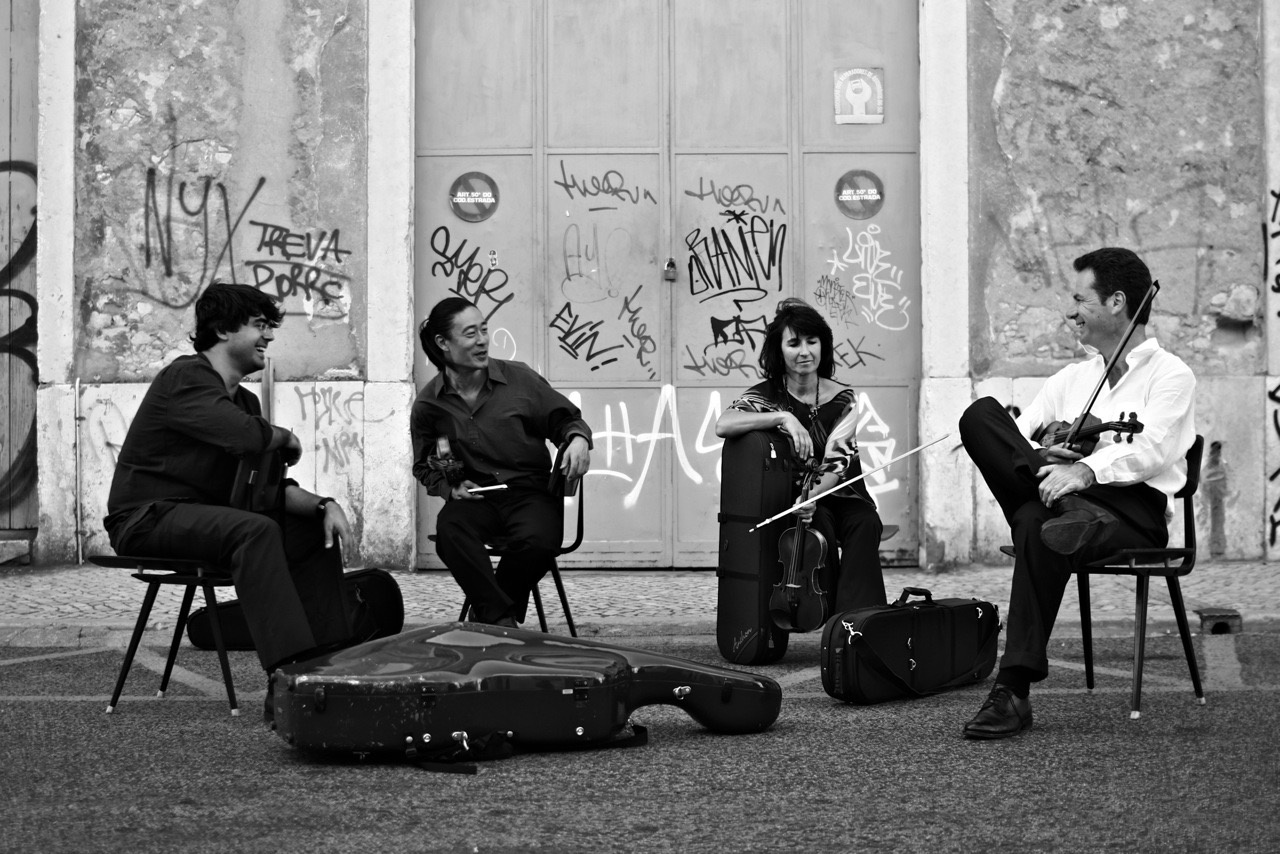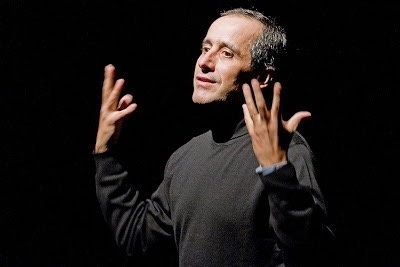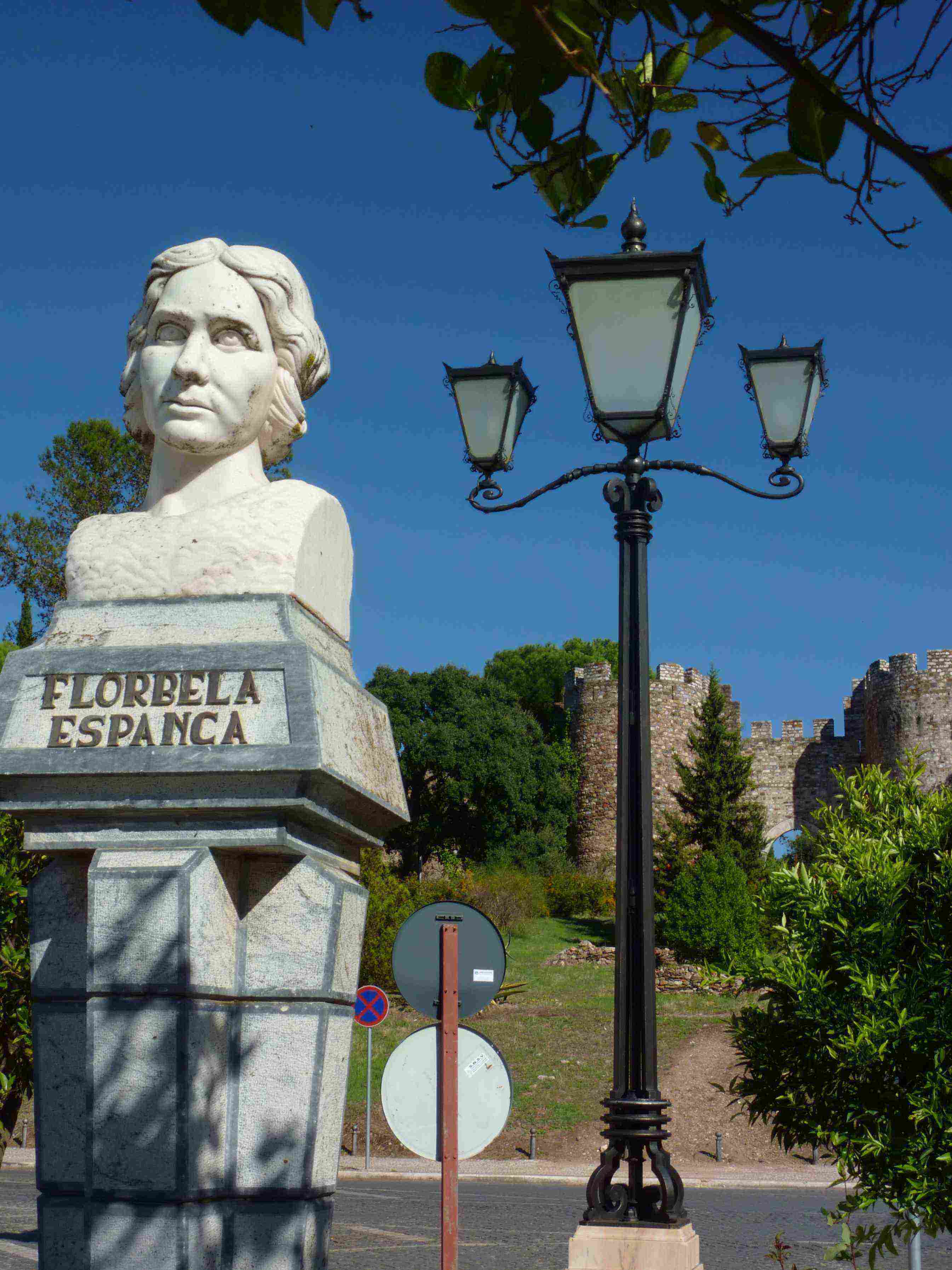Lynne Booker August 2012
Many estrangeiros settle in the Algarve because they have lived outside Northern Europe for so long that they have no desire to return to their country of origin. The culture and the communities that they or their parents had left would be so different as to make them feel stateless. Others like us chose to live somewhere warmer than Britain. Of course we had to learn the language, but what became our biggest challenge was to learn about Portuguese culture from a base of zero. History was a good starting point, but my general knowledge of the arts, literature and music of Portugal was almost non-existent. Had we chosen to live in France, Spain, Germany, Italy or even Russia, my previous knowledge of the cultural background of those countries would have given me a springboard from which to explore in more depth the culture of each of them.
When we arrived in the Algarve in 1998 we spent some time completing the house before getting to grips with the language. Only then could I begin my own voyage of cultural discovery. Peter has spent a great deal of time deepening his knowledge of Portuguese history and I have created companion articles for publication in the newspapers.
Portuguese music was a completely closed book for me. I have discovered that D João IV is the reputed composer of Adeste Fideles (O Come All Ye Faithful); that D João V employed Domenico Scarlatti at his court; that D José built an Opera House in Lisbon; that Liszt performed in Lisbon on his European tour in the 1840s. But until I heard the music of the Lacerda Quartet, I was not aware of the Portuguese composers: Francisco de Lacerda who has also provided a name for a popgroup; Carlos Seixas, João Pedro de Almeida Mota, José Viana de Mota, Luís de Freitas Branco and Frederico de Freitas.

Among modern composers are Eurico Carrapatoso, Isabel Soveral, and Alexandre Delgado, also a viola player, Antenna 2 announcer and grandson of General Humberto Delgado. The Portuguese form of music which has been recently universally recognised by UNESCO is of course fado. The more I know of this Lisbon form of Portuguese culture the more I like it. Fado was completely unknown to me before we arrived here, and is popular with many Portuguese even here in the Algarve.

In literature I was aware of Camões and José Saramago before we came to the Algarve in 1998 and I have become more aware of the towering legacy of Luís Vaz de Camões and his Lusíadas. A near contemporary of Shakespeare, he occupies a position in Portuguese letters similar to that of the Bard of Stratford-on-Avon in English letters. In the Algarve, it is António Aleixo at table outside A Calcinha in the main street of Loulé; a similar statue of Fernando Pessoa sits outside A Brasileira in the Chiado. Aleixo, a shepherd from Vila Real de Stº António, wrote his poetry in the thirties and forties and was famous for his irony and social criticism. Pessoa, a famous depressive, is commemorated in the Municipal Library in Tavira; he used a great number of pseudonyms, one of which was Álvaro de Campos. In a journey to Vila Viçosa we came across the birthplace of Florbela Espanca, another poet of renown from the boondocks of Portugal.

Over the past four years I have been following the Journey to Portugal described by Portugal´s second Nobel prizewinner José Saramago. His descriptions of places in Portugal offer this foreigner starting points for a series of articles about travels in the interior of this wonderful country. Recently a friend drew to my attention a collection of short stories by Miguel Torga, born in Trás-os-Montes. These moving stories portray the hard and unforgiving life of the peasant in that poor corner of Portugal. My favourite Portuguese writer is Eça de Queiroz (1845 - 1900). He has been described as the Portuguese Zola. I might have called him the Portuguese Dickens but that would have been unfair to him because he hated his time in England. He wrote of England: Everything about this society is disagreeable to me - from its limited way of thinking to its indecent manner of cooking vegetables. His consular duties posted him first in Newcastle and then in Bristol for four hateful years.
In fine art, I had vaguely heard of Paula Rego since she is a naturalised British citizen. But I was not aware of the commanding presence of her work in her native Portugal. Among the older painters of this country are Vasco Fernandes known as Grão Vasco (not only a Dão red wine) whose work is on display in his native Viseu and Nuno Gonçalves who painted the triptych from which we get the assumed likeness of Henry the Navigator. Perhaps José Malhoa´s best known work is that of the fado singer in early 20th century Lisbon. He certainly captured the seedy and lowlife origins of fado.
Our new life in this remote corner of Europe has given our interest in culture a fresh start, new impetus and a distinctly Portuguese bias. As yet, we have only scratched the surface.
